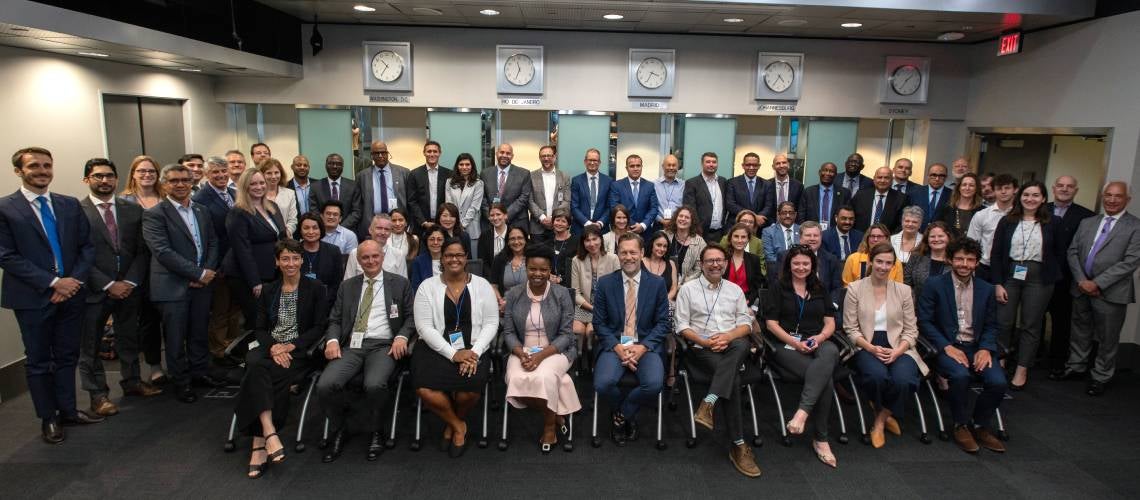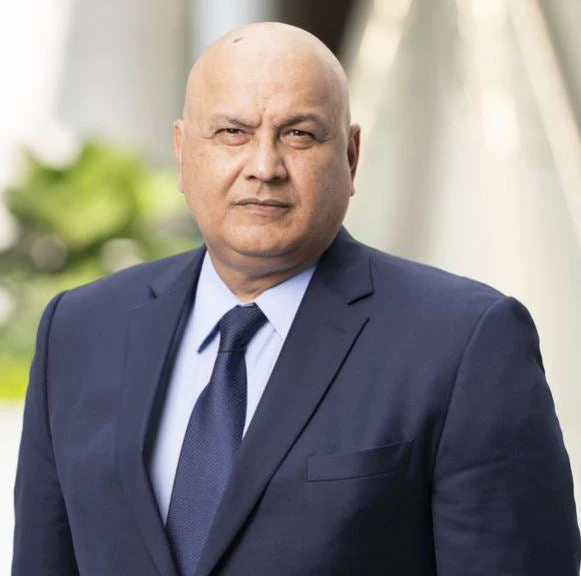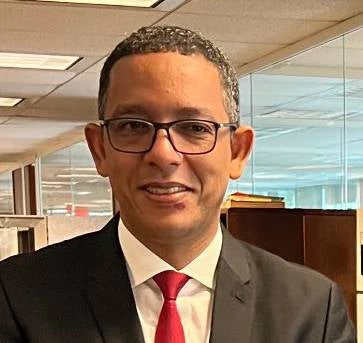 Participants at the recent Global Forum on Transboundary Water Cooperation for Climate and Development. Photo credit: World Bank
Participants at the recent Global Forum on Transboundary Water Cooperation for Climate and Development. Photo credit: World Bank
Climate change, population growth, and uneven patterns of economic development are contributing to the depletion and contamination of transboundary freshwater resources in many parts of the world. The combined effects of increasing exploitation and pollution of transboundary waters and the impact of climate change on their availability and variability mean that by 2050, the number of people living in water-stressed transboundary basins could double. These trends are further compounded by the lack of institutionalization of cooperation: more than half of the world’s 310 international river basins and all but five transboundary aquifers lack cooperative agreements for transboundary water management.
Against this backdrop, River Basin Organizations (RBOs) are key pillars of international and regional water resources governance, providing countries with a platform for exchanging information and a vehicle to achieve water security but also to materialize broader development objectives. However, little visibility and awareness about RBOs exist among development practitioners and policymakers, especially regarding their benefits for livelihoods, development, and conflict prevention.
At the recent Global Forum on Transboundary Water Cooperation for Climate and Development hosted by the World Bank in Washington, D.C., RBOs from all continents came together to share lessons and learn from each other. They were joined by representatives from governments, UN agencies, civil society, private sector, and academia to identify opportunities for deepening transboundary water cooperation worldwide. Participants to the Forum agreed on the fundamental importance of RBOs to address joint development priorities and deliver regional and global public goods through effective management and development of transboundary waters. As pressures on water resources increase, the institutional capacity of RBOs proves fundamental to respond adequately and prevent water from becoming a source of tension.
The Senegal River Basin Organisation (in French, the Organisation Pour la Mise en Valeur du Fleuve Sénégal - OMVS) is one of several international RBOs that has made large strides on water cooperation and joint investment. Based on a solid legal and institutional framework and an inclusive basin planning and information and organization system, OMVS has been able to co-finance and now co-manage common hydraulic infrastructure for irrigation, hydropower, potable water supply, flood protection and navigation, while striving to protect the basin’s rich ecosystems. No matter its location in the basin, this common infrastructure enables countries to share both financing and benefits, resulting in innovative and efficient transboundary development. These arrangements make OMVS one of the few river basin organizations in the world (and the only one in Africa) whose member states fully co-own hydraulic infrastructure.
Following the request of its member States (Guinea, Mali, Mauritania and Senegal), OMVS has now embarked upon the preparation of a new phase of development which would target upcoming challenges including climate change, increasing needs for water resources (such as for water supply, irrigation and hydropower), and degrading water quality and environment. This phase aims to leverage the achievements and lessons learned under the recently completed World Bank financed Senegal River Basin Multi-Purpose Water Resources Development Project 2 (In French, Projet de Gestion Intégrée des Ressources en Eau et de Développement des Usages Multiples du Bassin du fleuve Sénégal - PGIRE 2). Among others, PGIRE2 benefited more than 4.5 million beneficiaries, resulted in more than 14 000 ha provided with new/improved irrigation or drainage services and enabled 21% increase of sale of fish in project sites. The Project also mobilized significant resources to help reduce water-related diseases such as Malaria and other neglected tropical diseases in the basin. All these contributed to bolster livelihoods and alleviate poverty in the face of climate change.
These engagements build upon decades of World Bank and OMVS partnership. This partnership also led to successful integration of Guinea—home to the river’s headwaters—into OMVS, significantly improved information-sharing, and led to the development of the 2050 Senegal River Basin Masterplan and preparation of the cost-sharing formula.
While the OMVS and other RBOs are succeeding in leveraging water cooperation to realize a range of benefits, from development to stability, more needs to be done to raise their visibility and ensure their long-term financial sustainability. Hence, we will work together to coordinate urgent action on three fronts: (i) explore innovative funding towards increased public and private investment into the cross country regional development programs being pursued by RBOs; (ii) greater and more strategic communication at all levels, from citizens to senior policymakers, to increase the visibility of the benefits of cooperation, and the role of RBOs in promoting cooperative transboundary water management and development; and (iii) enhanced knowledge exchange between international RBOs to share lessons on effectively delivering cooperation on the ground.
Neither water drops nor world’s development challenges follow lines on maps or sector silos. To address these challenges, we need institutions capable of working across boundaries. RBOs are well placed to respond to these challenges and provide a solid vehicle for multi-sector sustainable development needed to achieve water, food, and energy security under increasing climate change constraints.
Acknowledgments



Join the Conversation